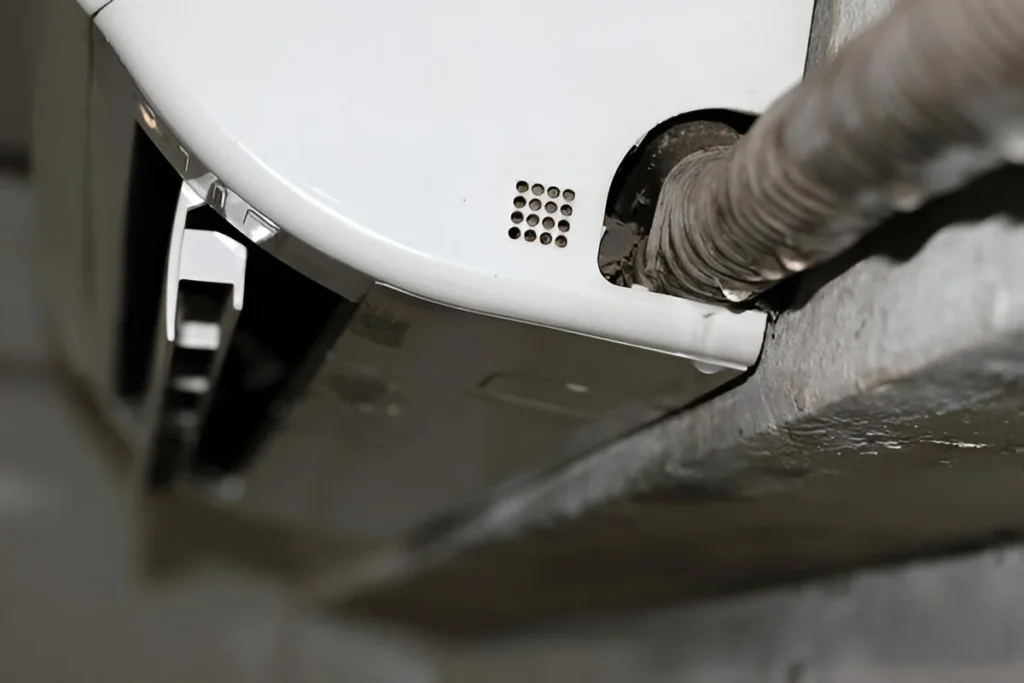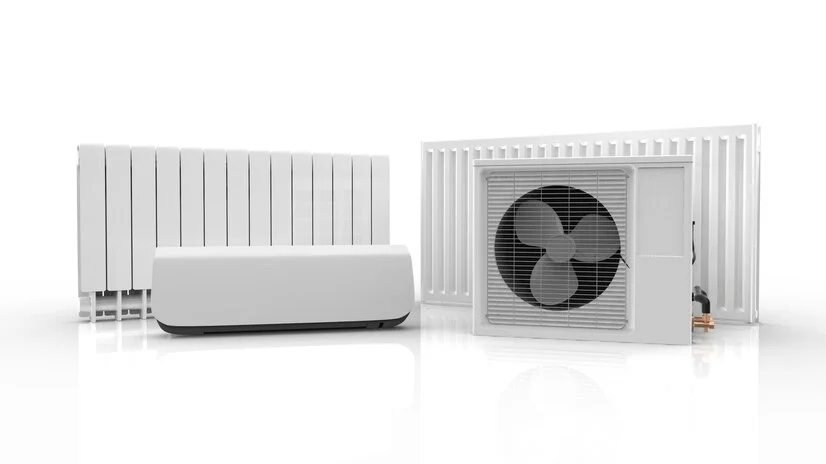Learn essential microwave maintenance tips for safety, durability, and efficiency. Keep your microwave in top shape with these practical, easy-to-follow steps!
Microwaves have become an irreplaceable part of our kitchens, helping us warm leftovers, prepare quick meals, and save time. However, like any other appliance, microwaves require proper care and regular maintenance to operate efficiently and ensure safety. Neglecting even small issues can lead to bigger problems, reducing the lifespan of your microwave and potentially compromising safety.
In this comprehensive guide, we’ll cover the microwave maintenance tips you need to know to ensure your appliance remains safe, efficient, and durable. Whether you use your microwave occasionally or every day, these tips will prove invaluable.
Why Does Microwave Maintenance Matter?
Regular maintenance goes beyond keeping your appliance clean; it ensures:
- Safety: Preventing potential hazards such as electrical fires or radiation leaks.
- Efficiency: Ensuring your microwave operates at optimal energy levels.
- Durability: Extending the life of your appliance and saving money on repairs or replacements.
- Consistency: Maintaining even cooking results for your favorite dishes.
Top Microwave Maintenance Tips
Here are the most effective ways to keep your microwave in perfect condition:
1. Clean the Interior After Each Use
Keeping the interior clean is one of the easiest ways to maintain your microwave. Food splatters and spills can harden over time, reducing efficiency and even creating odors or fire risks.
- Use a damp cloth to wipe away any residue immediately after use.
- For tougher stains, heat a bowl of water with lemon juice or vinegar for 2-3 minutes to loosen dirt. Wipe it clean with a soft cloth.
- Don’t forget to clean the roof and walls of the microwave, as grease can accumulate there too.
2. Check the Door Seal Regularly
The door seal (also called the gasket) ensures no radiation leaks from your microwave. A faulty or damaged seal can compromise safety.
- Inspect the gasket for cracks or wear and tear.
- Clean it with a damp cloth to remove grease or dirt buildup.
- If you notice damage, replace the seal immediately.
3. Avoid Using Non-Microwave-Safe Containers
Using unsuitable containers can cause uneven heating or even damage your appliance.
- Stick to glass, ceramic, or microwave-safe plastic containers.
- Avoid metal or aluminum foil, as they can cause sparks and damage the magnetron.
- Never use containers with gold or silver trim, as these materials can arc and cause fires.
4. Don’t Run the Microwave Empty
Running an empty microwave can damage the magnetron, the component that generates microwaves.
- Always place food or a microwave-safe object (like a cup of water) inside before starting.
- If you accidentally run it empty, give the appliance time to cool down before using it again.
5. Keep the Turntable Clean
The turntable plays a crucial role in evenly distributing heat during cooking. A dirty or misaligned turntable can lead to uneven cooking.
- Remove the turntable and wash it with warm, soapy water.
- Ensure the rollers underneath are clean and functioning properly.
- Align it properly before use to avoid wobbling or noise.
6. Monitor the Vents and Filters
Blocked vents can cause overheating and reduce the efficiency of your microwave. Filters, especially in over-the-range models, trap grease and odors and must be cleaned or replaced regularly.
- Use a vacuum or soft brush to clean the vents.
- If your model has a charcoal filter, replace it every 6 months or as recommended by the manufacturer.
7. Handle the Door with Care
The door is equipped with safety interlocks that stop the microwave from operating when open. Slamming or mishandling the door can damage these mechanisms.
- Close the door gently every time.
- If you notice difficulty in latching or any unusual sound, consult a professional for repairs.
8. Avoid Overheating Food
Overheating food can cause residue buildup and damage the interior coating of your microwave.
- Always use the appropriate power setting for the type of food you’re heating.
- Monitor cooking times closely, especially when reheating small quantities.
9. Regularly Inspect for Faulty Parts
Wear and tear over time can lead to issues like uneven heating, sparks, or error messages. A proactive approach can save you from costly repairs later.
- Inspect the power cord for any fraying or damage.
- Check for unusual noises, sparks, or smells during operation.
- Replace damaged parts promptly to prevent further complications.
Microwave Maintenance Tips for Longevity
Beyond regular cleaning and handling, some additional practices can significantly extend your microwave’s lifespan:
- Use a microwave cover to minimize food splatter.
- Avoid overloading the microwave, as it strains the motor and reduces efficiency.
- Allow the microwave to cool between uses, especially after heating heavy meals.
- Place your microwave on a flat, stable surface with adequate ventilation.
Common Microwave Problems and When to Seek Help
While most maintenance tasks can be handled at home, some issues require professional intervention. Here are a few signs that it’s time to contact a reputed microwave oven repair services in your area :
- The microwave isn’t heating food evenly.
- There are sparks or strange noises during operation.
- The control panel isn’t responding.
- The microwave shuts off unexpectedly.
- Error codes are displayed on the screen.
Professional technicians, like those at a professional microwave repair services, can quickly diagnose and resolve these issues to get your microwave back in working order.
FAQs About Microwave Maintenance
Q1. Can I use harsh chemicals to clean my microwave?
A: Avoid using harsh chemicals as they can damage the interior coating. Stick to mild detergents, vinegar, or lemon juice for safe cleaning.
Q2. How often should I clean my microwave filter?
A: If your microwave has a grease or charcoal filter, clean or replace it every 6 months, or as recommended in the user manual.
Q3. Why does my microwave smell bad?
A: Lingering food particles or grease can cause odors. Clean the interior thoroughly and place a bowl of water with lemon juice inside to eliminate smells.
Q4. How do I know if my microwave is leaking radiation?
A: Radiation leaks are rare but can happen if the door seal is damaged. Use a radiation leak detector or consult a professional if you suspect an issue.
Q5. Is it worth repairing an old microwave?
A: If your microwave is over 7-10 years old and repairs cost more than half the price of a new one, consider replacing it.
Expert Microwave Maintenance Tips to Boost Safety and Longevity
Your microwave plays a vital role in your daily life, and proper maintenance ensures it continues to serve you efficiently and safely. By following these microwave maintenance tips, you can enhance its performance, prevent common problems, and save on repair costs.
If you encounter issues beyond your expertise, don’t hesitate to consult reliable professionals like the microwave oven repair services . Their experienced technicians can handle repairs with precision, ensuring your appliance gets the care it needs.
.png )





